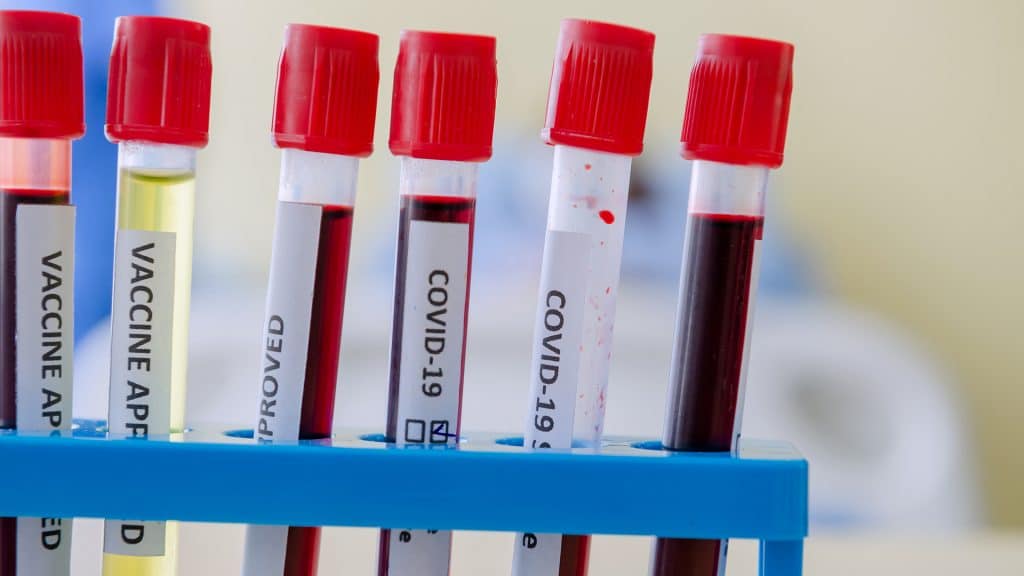The entrance of SARS-CoV-2 onto the world’s stage has been a dramatic one, my friends. We just have not seen something quite as widespread as this pandemic in the US in recent memory. As such, there’s a lot of confusion, information and theories out there to wade through.
All of the questions and conflicting information related to this new disease are not surprising. After all, it is brand new, and we’ve never dealt with this coronavirus strain before. Information will continue to come and change as more research is done. I’ve decided to take some time today to talk to you about blood types, specifically what you may have already heard about the potential connection of blood types to virus risk.
Back in 2003, there was another serious coronavirus outbreak, although that one did not have a major impact on the US. Known as SARS, this illness sickened many and took many lives in China and elsewhere. After this virus emerged, researchers began investigating it just as they are looking into COVID-19 now. In a study published in the Glycobiology Journal, researchers found that people who had Type O blood appeared to be have some sort of immunity protection against SARS (https://academic.oup.com/glycob/article/18/12/1085/1988773).
More recently, 23andMe–a home-based genetic testing company–released a study of information gathered from more than 750,000 people in the US (https://blog.23andme.com/23andme-research/23andme-finds-evidence-that-blood-type-plays-a-role-in-covid-19/) that echoed similar findings to the previous SARS study. According to the early data from 23andMe, people with Type O blood were anywhere from 9 to 18 percent less likely to report a positive COVID-19 test than those with other blood types.
Additional data and research is still needed in this area, and we are still not sure how blood types might make people more or less likely to contract COVID-19. There was one interesting study done by researchers at the the University of Kiev that may prompt a working theory. In that study, which was covered by the New York Times, researchers found that the gene used to type your blood is close to gene that controls the strong immune response protein (https://www.nytimes.com/2020/06/03/health/coronavirus-blood-type-genetics.html#click=https://t.co/GdOi5NJYEW).
It’s an overreaction of your immune system–known as a cytokine storm–that causes the lung damage and massive inflammatory response associated with COVID-19. It’s possible, although not yet proven, that this genetic variance may influence your immune system and explain the blood type link.




